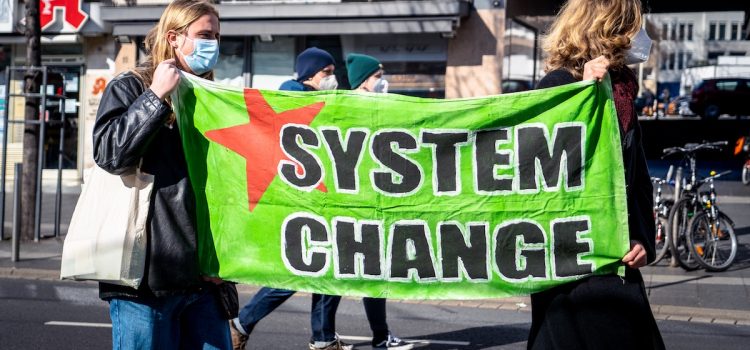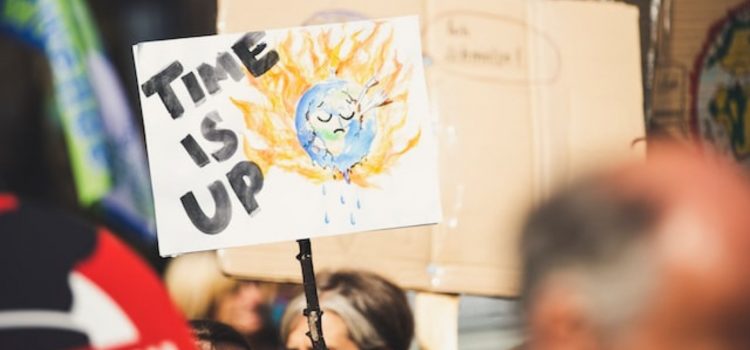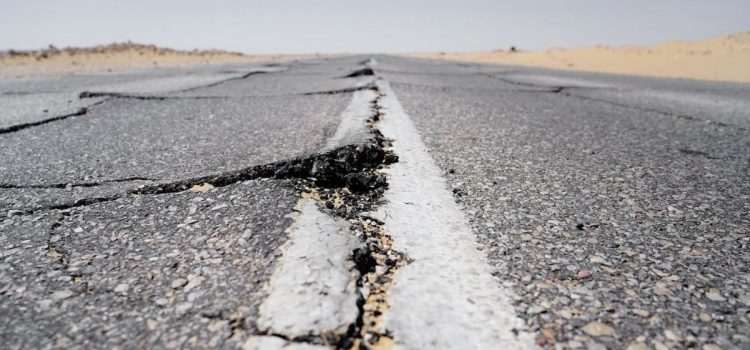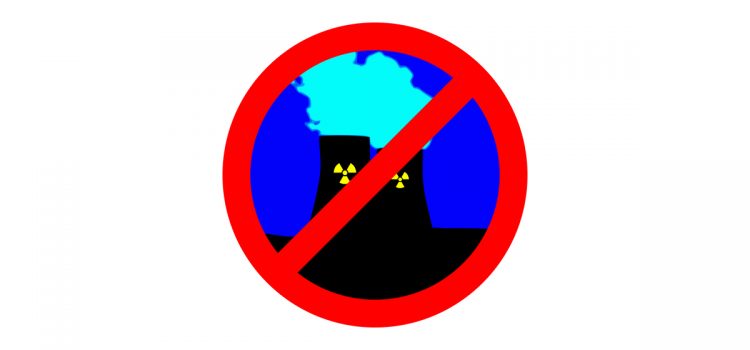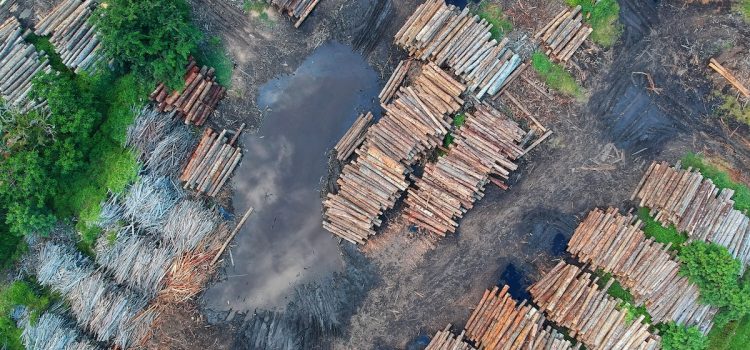How well do people understand the way the world works? How does this impact our assessment of climate change and its solutions? According to scientist Vaclav Smil, climate change can be slowed, but only gradually and at great expense. In How the World Really Works, he argues that this is because our current way of life relies so heavily on fossil fuels. Keep reading to understand the climate situation in the context of how the world really works.
Vaclav Smil: Climate Change Must Be Addressed Realistically
